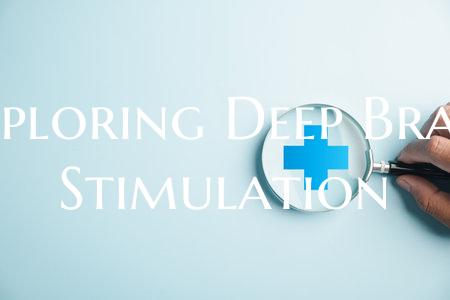
Exploring Deep Brain Stimulation
Deep Brain Stimulation (DBS) is a groundbreaking medical procedure that involves the implantation of electrodes into specific areas of the brain to alleviate symptoms of various neurological disorders. This innovative treatment has been used to manage conditions such as Parkinson's disease, essential tremor, dystonia, and obsessive-compulsive disorder (OCD).
The procedure works by delivering electrical impulses to targeted regions in the brain, effectively modulating abnormal brain activity that contributes to the symptoms of these disorders. DBS has shown remarkable success in improving motor function, reducing tremors, and enhancing overall quality of life for patients who have not responded well to conventional treatments.
One of the key advantages of DBS is its adjustability – healthcare providers can fine-tune the stimulation settings to optimize symptom relief while minimizing side effects. This personalized approach allows for a tailored treatment plan that meets the unique needs of each individual patient.
Research into the potential applications of DBS is ongoing, with promising developments in areas such as depression, epilepsy, and chronic pain management. As our understanding of the brain continues to evolve, the possibilities for utilizing deep brain stimulation to address a broader range of neurological conditions are becoming increasingly apparent.
In conclusion, deep brain stimulation represents a revolutionary treatment option for individuals with neurological disorders, offering new hope and improved outcomes for patients who previously had limited treatment options. As we continue to explore and refine the potential of DBS, this therapeutic approach holds tremendous promise for enhancing the lives of those affected by these challenging conditions.